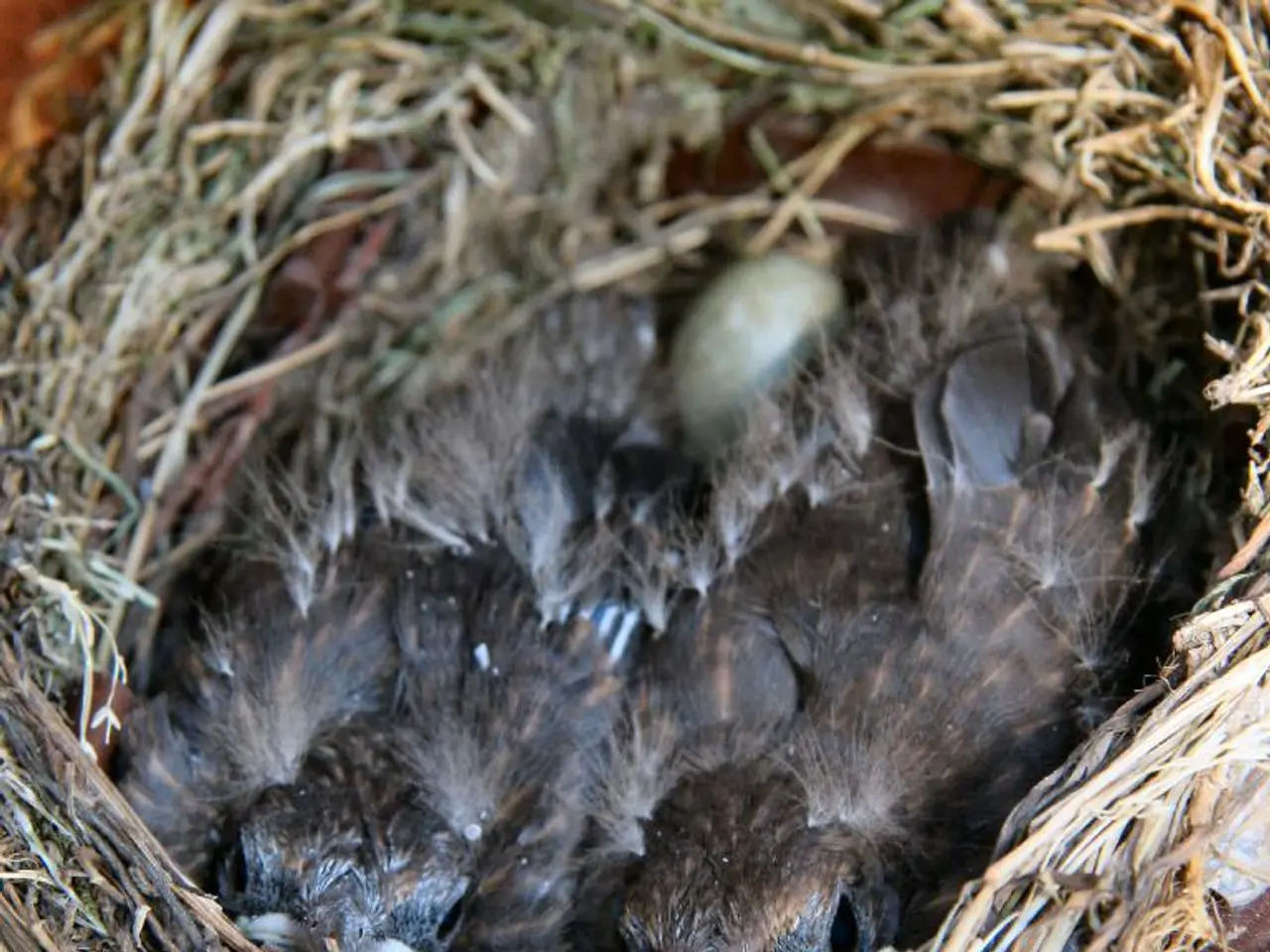Ancient anti-aging solution supposedly cherished for millennia: Consuming avian saliva
In the world of wellness and beauty, a unique substance has been gaining traction, particularly on platforms like TikTok - the bird's nest extract. This substance, derived from the saliva of the red-nest swiftlet, is highly prized and can fetch as much as $10,000 per kilogram. However, its popularity comes with a host of ethical, environmental, and health concerns.
The bird's nest extract, also known as bird's spit, is not a specific widely recognized term. Instead, it refers to a substance made from the saliva of swiftlets, a type of bird. This saliva, when harvested and transformed into soup or drink form, is believed to contain amino acids, minerals, and proteins that boost collagen production, promote anti-ageing, and provide a healthy glow.
Despite its alleged benefits, the evidence for the scientific backing of bird's spit is currently limited. Some researchers suggest that it can help with overall wellness, aid digestion, immune system strength, and aid in wound healing. However, these claims are not universally accepted and are often met with scepticism.
The debate over the ethics of bird's spit harvesting is ongoing. Reports suggest that in some cases, the saliva is harvested from nests before swiftlets have finished raising their babies, which can harm the birds and the overall swiftlet population. The ethical concerns regarding the harvesting of bird's spit include the potential harm to swiftlets and their babies, as well as the risks to the workers who collect it from dangerous terrain in limestone caves.
The harvesting of bird's spit has become a bigger-scale operation due to its growing popularity, posing risks to both the birds and the workers. The risks associated with the harvesting of bird's spit include harm to the birds, the workers, and the overall population of swiftlets.
Despite these concerns, bird's nest extract has been consumed for centuries in traditional Chinese medicine. In recent times, it has found a new audience, with influencers like Becca Bloom promoting its use in their videos. Some people compare the taste of bird's nest extract to having an aloe vera drink.
The cost of bird's nest extract can vary, with a bowl of soup typically costing between $30-$100. The most prized saliva, from the red-nest swiftlet, can fetch as much as $10,000 per kilogram.
The debate over the ethics of bird's spit harvesting highlights the need for responsible and sustainable practices in the collection of this substance. As its popularity continues to grow, it is crucial to ensure that the swiftlets and the workers involved in the process are protected. The anti-ageing benefits of bird's nest extract are currently under debate, with some suggesting it could potentially transform lives, while others view it as another wellness fad. Until more research is conducted, the controversy surrounding bird's spit is likely to continue.
Read also:
- Peptide YY (PYY): Exploring its Role in Appetite Suppression, Intestinal Health, and Cognitive Links
- Toddler Health: Rotavirus Signs, Origins, and Potential Complications
- Digestive issues and heart discomfort: Root causes and associated health conditions
- House Infernos: Deadly Hazards Surpassing the Flames








